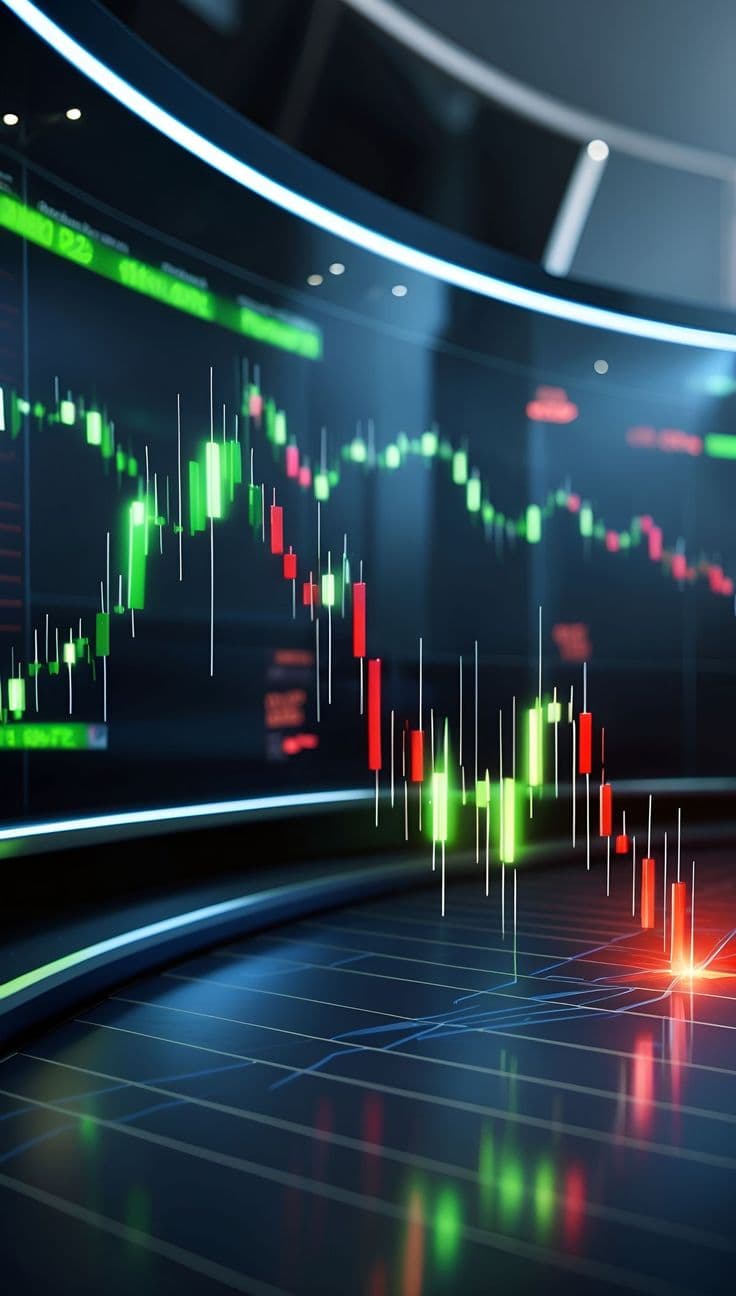Nepal’s Stock Market Falters Amid Political Uncertainty, Investors Turn Cautious
Despite a mild post-Tihar recovery, NEPSE remains subdued as investors hesitate amid rising political instability and policy uncertainty.

Nepal’s equity market struggled to sustain momentum this week as concerns over political instability and economic uncertainty weighed on investor sentiment. Despite a mild post-Tihar rebound, the Nepal Stock Exchange (NEPSE) index closed just 5.19 points higher, reflecting cautious trading and weakened confidence.
After nearly three months of continuous decline, NEPSE recorded two consecutive positive sessions. However, trading volume remained subdued, signaling that investors are reluctant to commit fresh capital amid the nation’s fluid political climate.
According to Tulsi Ram Dhakal, Chairman of the Nepal Investor Forum, political uncertainty has overshadowed otherwise improving macroeconomic fundamentals. “While policy indicators appear favorable, the absence of political stability has kept investors in a wait-and-see mode,” Dhakal said.
Analysts note that youth-led political unrest, including property damage during protests, has further shaken confidence. The temporary closure of major establishments such as Hyatt Regency Hotel and Chandragiri Cable Car following recent demonstrations intensified market anxiety.
Adding to the concerns, the government’s decision to cut power lines to several major cement producers over disputes regarding dedicated and trunk-line electricity tariffs has spooked investors. The affected companies include Shivam Cement, Ghorahi Cement, Jagadamba Steel, Reliance Spinning Mills, Triveni Spinning Mills, and Arghakhanchi Cement — many of which are either listed or preparing to list on NEPSE.
Investor associations warn that such industrial disruptions could ripple through the broader economy, undermining production and employment. Ghanashyam Pandey, Chairman of the Nepal Shareholders’ Association, said the dispute between the government and industrialists has fueled further market pessimism. “The political rift and regulatory inconsistency are delivering a shock to the economy,” he noted.
Despite declining interest rates and ample liquidity in the banking system, loan demand remains sluggish. Experts argue that while policy adjustments have improved the investment environment on paper, a lack of trust and stability continues to restrain the market.
Market participants agree that without clear political consensus and governance stability, any economic or financial reform will struggle to inspire meaningful investor confidence. However, some investors view the current correction as a long-term buying opportunity, especially for those focused on fundamental value rather than short-term speculation.